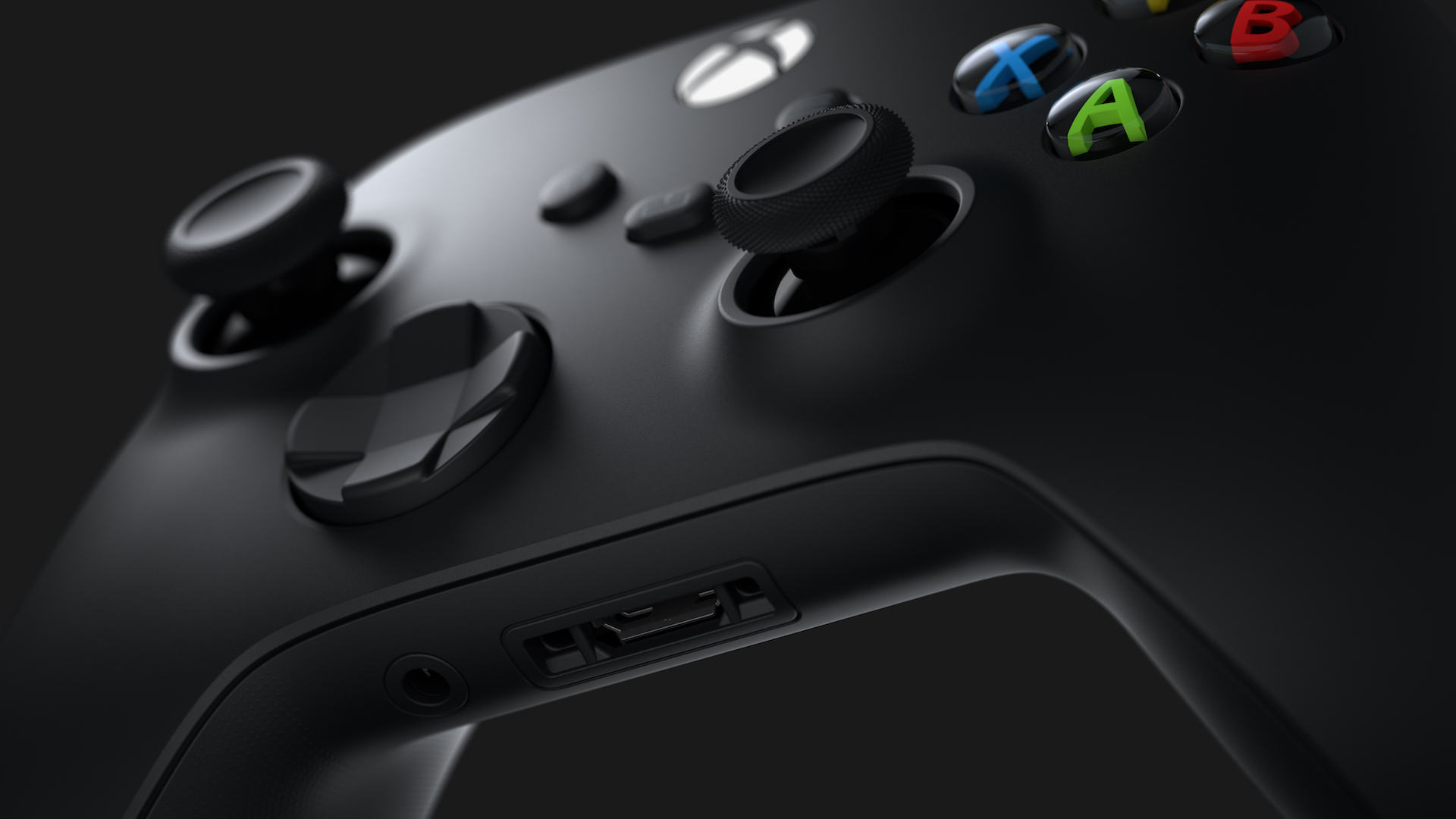The Xbox Series X is clearly going to be an impressive piece of machinery, and the scope of its technical advancements that Microsoft have already revealed so far have a lot of people very excited about the future of Xbox, and what it will hopefully allow developers to accomplish with their games in the coming years. One area, however, where quite a few people want to see them make strides that Microsoft have stayed away from is virtual reality.
Sony have established a solid foothold in that space with PSVR, something that it seems they’re going to keep investing in with the PS5 as well, but so far, it doesn’t seem like Microsoft have any intention of doing that with the Xbox Series X.
We recently interviewed Schell Games – a studio driven to improve accessibility in VR titles that is currently working on adding accessibility VR upgrades to early access sword fighting title Until You Fall – and asked them about Microsoft’s approach to VR, and their takeaway was that eventually, Microsoft might probably end up entering the fray as well.
Harley Baldwin, VP of design, noted that Microsoft are probably looking at factors such as adoption and the growth of VR technology, and that similar to how they entered the console hardware space later than others but still in convincing fashion, so, too, might be the case with their approach to virtual reality.
“I think we’ve already seen some movement from them,” Baldwin said. “It’s non-committal now, but it’s not where they started. They started by saying there wouldn’t be support. I think they’re looking at the same data everyone else is looking at, and that data says that tethered headsets are niche, and you don’t get wider platform adoption until you’ve got a quality standalone headset. Xbox is a platform that deals in scale, and blockbusters, and it’s not an easy thing to figure out how to make a niche product work for their market.
“That being said, I think they’ll get there. I’m old enough to remember the launch of the original Xbox. It wasn’t first to market, but it was a solid offering that allowed people to have a dedicated gaming rig in the living room and it was super easy to develop for because we devs were mostly using similar desktops. They’ve done this kind of technology transition before, and they’ll do ok. When they do show up again, we’ll be ready.”
Meanwhile, Alexis Miller, director of product management, talked about the rapid changes and growth in the VR market, ultimately arriving at a similar conclusion, saying that though Microsoft’s current absence in the market “leaves room for other seats at the table”, they probably won’t be absent forever.
“Because advances in the VR market are moving and changing so rapidly, it makes me wonder if a massive company like Microsoft just can’t keep up,” Miller said. “It’s nothing personal to VR and certainly shouldn’t be taken as an indicator of VR’s success. Maybe it’s not such a bad thing, because it means that other companies are given the opportunity to shine in the VR spotlight. Microsoft’s relative absence leaves room for other seats at the table. I don’t think they will be absent forever though.”
Back in 2019, when asked about VR, Xbox boss Phil Spencer discussed his issues with the technology, calling it “isolating” and saying that there wasn’t enough demand for it within the Xbox community. A couple of months later, however, he said that Microsoft would was “never going to close our eyes to where things are going”, adding that he hoped it would become big enough that “that it would be a no-brainer for us to go and support it.”
Our full interview with Schell Games will be going live soon, so stay tuned for that. In the meantime, during the interview, they also spoke to us about the improvements they wished to see with a next-gen PSVR headset, should Sony get around to making one. Read more on that through here.















